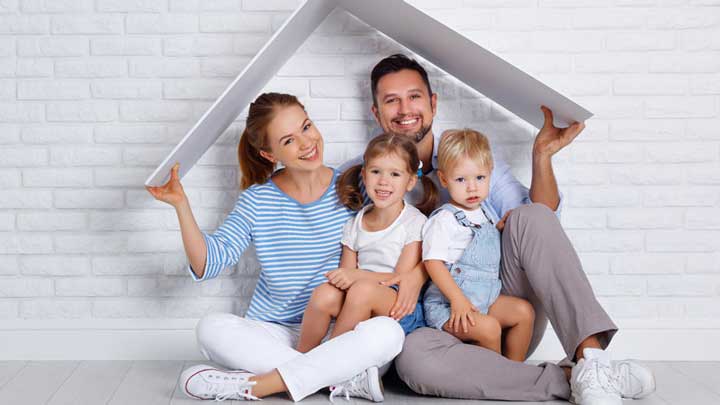
Helicopter Parenting
Helicopter parenting offers guidance and oversight but can hinder independence. Discover strategies to balance involvement with fostering resilience.
Home > Parenting Challenges > Parenting Styles > Simplicity Parenting


Helicopter parenting offers guidance and oversight but can hinder independence. Discover strategies to balance involvement with fostering resilience.

Many children’s emotional needs go unseen by busy, well-meaning parents. This article explores why that happens and how to repair the damage—before it becomes long-term.

Using fear instead of reason may get short-term results—but it damages your child’s trust, confidence, and relationship with you. Learn why fear isn’t a teaching tool.

Many parents unintentionally ignore their child’s voice, dismissing their thoughts or feelings. This article explores how listening strengthens self-worth and emotional safety in children.

Conscious parenting involves mindfulness, empathy, and being present with your child to foster emotional resilience and mutual understanding.
Our Parenting Style Quiz can help you explore how simplicity parenting fits with your family’s needs. Gain insights into decluttering, balancing schedules, and fostering intentional living to create a harmonious home environment.
